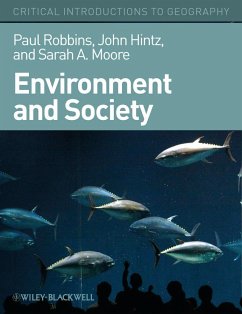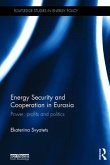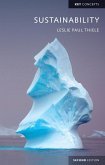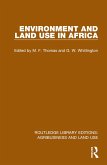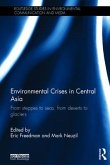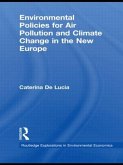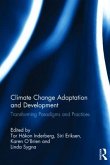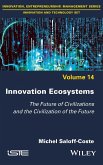There is a good reason why global climate change, atmospheric pollution, deforestation, and the rapid decline of biodiversity are such hotbed issues. Interactions between human society and the environment have never been more complex - or more critical to our survival - than now. Environment and Society: A Critical Introduction presents readers with a concise overview of the diverse conceptual tools and traditions available for thinking about, explaining, and addressing the crucial environmental challenges we face today. The authors vividly demonstrate how theory can illuminate pressing environmental problems in the world around us by applying the most recent theoretical concepts to a variety of real-world objects - from French fries and wolves to bottled water and carbon dioxide. At the same time, they stress the ways that different, and often conflicting, conclusions about environmental issues can be reached, depending on varying perspectives, starting positions, and assumptions. Accessible and insightful, this book provides an essential foundation for shaping our understanding of one of the most important issues of our times.
"Combining theory and case material, this title provides an accessible insight into one of the most important issues of our time." (The Environmentalist, May 2010)"This innovatively structured work, from some of the field's mostcreative thinkers, sheds fresh light on some familiar butintractable subjects. This is one of those rare books thatholds out the promise that you will think differently after you putit down than you did when you picked it up."
--Michael R. Dove, Yale University
"At last, a text that renders the recent and voluminous researchinto society-nature relations both accessible and engaging. Itsucceeds superbly in blending theory and case material, resultingin a rich and challenging text."
--Noel Castree, University of Manchester
"At last a rigorous environmental text suitable forundergraduates based on current theory, so badly needed to move onfrom the tired platitudes that have dominated discussion overenvironment and society for the last four decades. I especiallyappreciated its inclusion of objects ranging from carbon dioxide tofrench fries, clearly demonstrating how environment and society areinseparably entangled."
--Jim Proctor, Lewis & Clark College
--Michael R. Dove, Yale University
"At last, a text that renders the recent and voluminous researchinto society-nature relations both accessible and engaging. Itsucceeds superbly in blending theory and case material, resultingin a rich and challenging text."
--Noel Castree, University of Manchester
"At last a rigorous environmental text suitable forundergraduates based on current theory, so badly needed to move onfrom the tired platitudes that have dominated discussion overenvironment and society for the last four decades. I especiallyappreciated its inclusion of objects ranging from carbon dioxide tofrench fries, clearly demonstrating how environment and society areinseparably entangled."
--Jim Proctor, Lewis & Clark College

